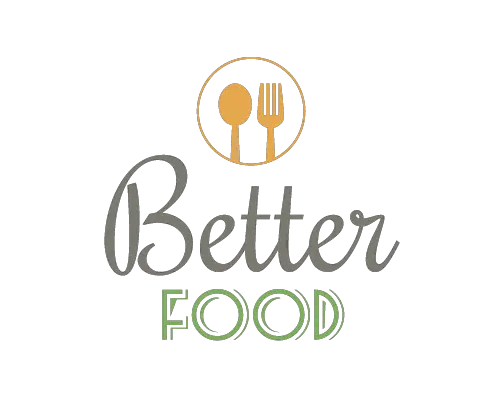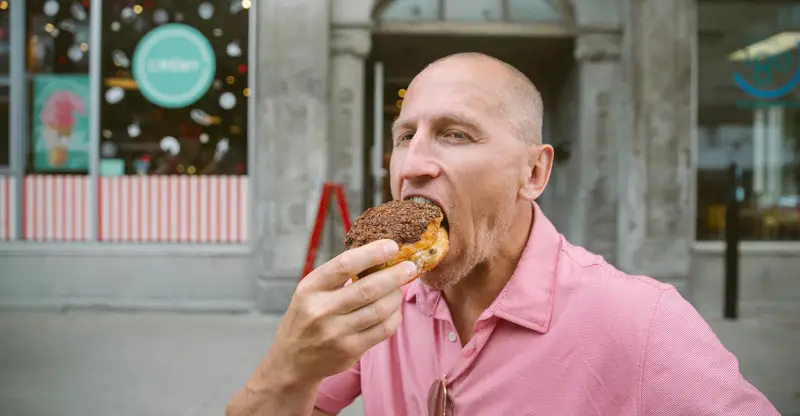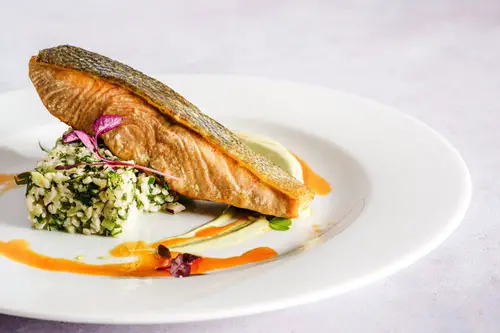We've all been there, binge eating after a couple of long hours of being food deprived. And it's practically a universal consensus that when this happens — food tastes like heaven on earth.
In this article we'll be exploring the reasons behind this strange phenomenon and how to avoid eating more than your fill.
But Why Does Food Taste Better When You're Hungry?
It's quite simple actually; it is our body's natural response that when you need something it'll find a way to ask for it. Taste is a very accurate indicator on what your body needs or is lacking.
When your body needs a certain food group, it'll manifest this need through cravings and — enhanced taste.
For example, when you've used up all your energy, your body will ask to replenish its stores through cravings for sweets and carbohydrates. Same thing goes for protein and fats.
What Changes Our Reaction When Eating While Hungry?
There are several factors that weigh in when answering this question:
- Instinctual
- Psychological
- Physiological
While these all have characteristics of their own, they blend and work together to form a single life-sustaining mechanism.
“Hunger is the best sauce in the world.” - Miguel de Cervantes Saavedra
First off, taste and hunger are cues that have evolved so that our body tells us exactly what it needs.
The main reason for this is our survival, because how would we survive if there's an imbalance within our bodies?
These bodily functions ensure that we always have some kind of indicator of what nutrients we need to keep going.
Next up, the psychological factor that influences this phenomenon. And probably the most prominent of them all.
There is a specific field of psychological studies called nutritional psychiatry. This observes how the human brain reacts to certain nutritional stimuli. It draws a close correlation between what you eat and how you feel and behave.
Serotonin is a neurotransmitter which helps regulate mood, feelings of well-being, and happiness. A fun fact about this hormone is that our gastrointestinal tract produces 95% of it.
A study conducted by Harvard Medical School shows that when eating, our brains release certain amounts of serotonin. This means that the hungrier we are, the more serotonin we release, hence that feeling of being “high on food” after not eating for a certain amount of time.
This direct correlation between our hunger and our mood also explains the colloquial term “hangry.” (Which is a combination of the words hungry and angry.)
And finally, the physiology behind our hangriness.
It makes sense, when we're hungry our senses heighten. Specifically, olfactory acuity and salivation.
So the taste of whatever you're eating will also increase.
Wondering what to make for dinner tonight? Here are 21 Easy Chicken Recipes To Try at Home NOW!
How To Avoid Binge Eating When Hungry?
The best answer is to never allow yourself to go so long without eating and letting yourself get that hungry.
Yet, that's not a realistic goal as sometimes life gets in the way and there's nothing we can do about it. And dieting plays its part too.
Suppose you haven't eaten for a long time. Then you expose your body to a variety of delicious foods. It's only natural that our bodies will tell us it's fine to eat more than usual to make up for what energy we have depleted from our stores.
The problem is:
We feel guilty afterward.
If you frequently find yourself caught in a cycle of overeating then feeling guilty, you’re not alone. Try slowing down and paying attention to how you feel when you’re reaching for food. You can even try journaling your thoughts about food.
Several strategies recommended by experts to avoid bingeing include:
- Intuitive or slow eating
- Meditation
- Exercising regularly
- Getting enough sleep
These are a few out of many helpful tips to overcome binge eating.
Making your meals more satisfying will help, too! Try these Quick and Easy Keto Frozen Meals for Success!
Final Thoughts
It's important that we watch our bodies and listen to whatever they have to say. Most of the time they’re asking for certain nutrients or elements from a specific food group.
Have you ever experienced the wonderful taste of food after not eating for a long time?
Let us know in the comments!
Frequently Asked Questions (FAQ)
Some final thoughts on food taste and cravings.
How to Stop Food Cravings When You’re Not Hungry?
Those pesky cravings are what can later lead to weight gain and eating disorders.
Make sure to check out our article on The 10 Best Ways To Control Food Cravings.
Why Does Food Taste Better When Somebody Else Makes It?
Several psychological factors can explain this oddity such as the loss of the element of surprise and your mindset.
Check out our article on Why Does Food Taste Better When Somebody Else Makes It for a more in-depth response.



